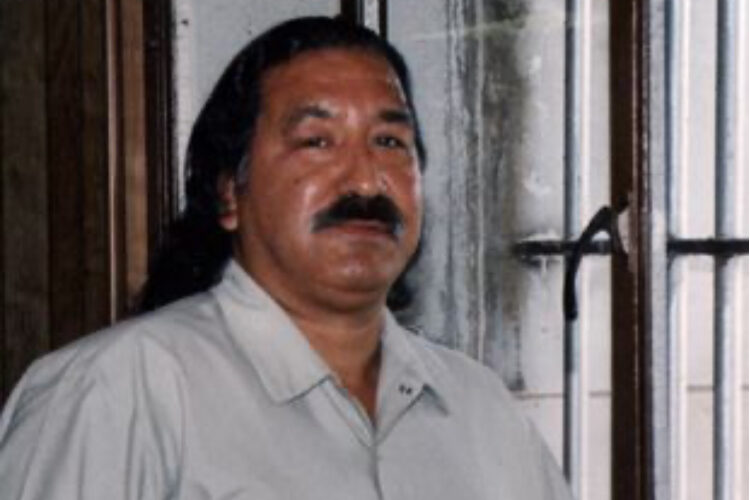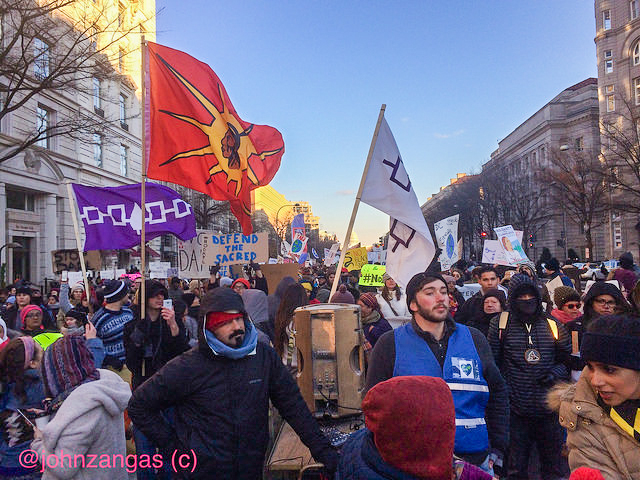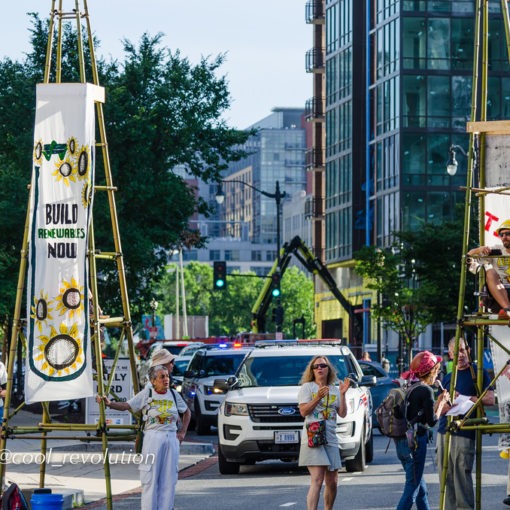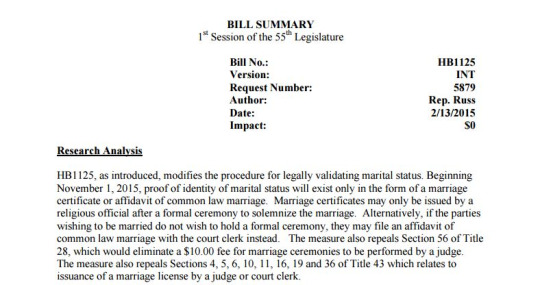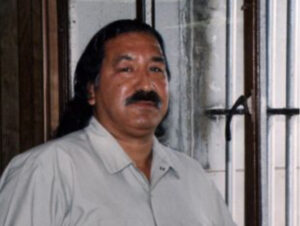
Washington DC—Joe Biden commuted the life sentence of Indigenous Activist Leonard Peltier on January 20, just minutes before his term was set to expire. It was one of his last official acts as President.
Leonard Peltier was convicted 47 1/2 years ago for the killing two FBI agents in June 1975 during a raid on the Pine Ridge Indian Reservation in South Dakota. But many questions remain unanswered about the legality of the evidence submitted against him during his trial. Indigenous groups and supporters have maintained and championed his innocence since his trial conviction in 1977.
The commuted sentence is an act of clemency but not a full pardon. It forgives a sentence or a portion of a sentence and it does not restore one’s civil rights. A pardon both forgives a sentence and cleans the criminal record while restoring full civil rights of citizenship. Peltier will have to stay in home detention to serve what remains of his sentence. A full pardon would have afforded Leonard Peltier full civil rights and freedoms of any citizen.
The Presidential Certificate of Commutation was issued, in part, by the urging of the U.S. Attorney who oversaw his prosecution during his trial and appeal. It was also supported by many advocacy groups, the Dalai Lama, and indigenous tribes both here and abroad. It reads:
The President is commuting the life sentence imposed on Leonard Peltier so that he serves the remainder of his sentence in home confinement. He is now 80 years old, suffers from severe health ailments, and has spent the majority of his life (nearly half a century) in prison. This commutation will enable Mr. Peltier to spend his remaining days in home confinement but will not pardon him for his underlying crimes.
Mr. Peltier is a Native American activist who is currently serving life in prison for killing two FBI agents on the Pine Ridge Indian Reservation and escaping from federal prison. Tribal Nations, Nobel Peace laureates, former law enforcement officials (including the former U.S. Attorney whose office oversaw Mr. Peltier’s prosecution and appeal), dozens of lawmakers, and human rights organizations strongly support granting Mr. Peltier clemency, citing his advanced age, illnesses, his close ties to and leadership in the Native American community, and the substantial length of time he has already spent in prison.”
Leonard Peltier Advocated For Indigenous Justice and Restoration of Lands Illegally Taken
Leonard Peltier is an enrolled citizen of the is Turtle Mountain Band of Chippewa. He is an indigenous activist and was involved in the American Indian Movement (AIM) which fought for restoration of land rights and indigenous peoples freedoms as provided in the Laramie Treaties of 1851 and 1868. It was the deliberate abrogation of this and subsequent treaties and other agreements signed between the U.S. Government and Indigenous leaders which led to the eventual formation of AIM.
He advocated for the social justice of his people and cared for the impoverished members of his community. He was co-owner of an automobile repair shop in Seattle where customers who were unable to afford costly repairs could get discounted rates or free services for repairs. The shop also provided a halfway house for those recovering from substance abuse.
He joined AIM in 1972 to help the indigenous movement fight for civil rights. In June 1975 he was at the Pine Ridge Reservation as a part of AIM to help in efforts to restore peace between political factions on the reservation.
Evidence In Trial of Shootout At Piney Ridge Reservation Woefully Inadequate
On June 25, 1975, two FBI agents, Jack Coler and Ronald Williams went to the Pine Ridge Reservation in unmarked cars wearing civilian clothes to serve a warrant to another person, Jimmy Eagle, who was at Jumping Bull’s ranch. Jimmy Eagle was a suspect in another crime which took place previously. A shootout resulted in the two FBI agents being wounded and another member of AIM being killed. About the time of the shootout, another car pulled up to the scene and a passenger got out, according to a statement from Peltier to Peter Kroft for a 60 Minutes interview in 1992. During the interview Peltier said he was not the person who killed the FBI agents. Kroft pressured him to tell who was but he said he “was not a rat” and would not name the person who actually shot and killed the FBI agents. Peltier has always maintained he did not kill the FBI agents. He also admitted to being involved in the shootout.
One of the glaring facts of Peltier’s trial is not so much the evidence presented against him but the evidence necessary for a conviction that was not presented. The shell casings of Peltier’s rifle did not match those found near the slain FBI agents. The shell casings left in the trunk of the car where the agents were killed at point blank range were not from Peltier’s rifle.
A published report in Navajo Nation outlined inconsistencies with trial evidence and irregularities with jury selection which under today’s trial standards whould have been sufficient grounds to grant Leonard Peltier a new trial. Even under later trial standards there was adequate opportunity for subsequent administrations to order a new review of his case.
“Kevin Sharp [Peltier’s attorney] points out that judicial review of cases was different in 1977 than it is today. Ruled inadmissible at the time, the jury in Peltier’s trial never heard about the relevant underlying tensions between factions at Pine Ridge Reservation leading up to AIM followers being invited there. There was hidden exculpatory evidence, which normally would have been cause for a new trial. One member of the jury admitted a prejudice against Native Americans and was, nonetheless, permitted to serve as a juror in Peltier’s case. The jury didn’t know Myrtle Poor Bear had falsified her witness affidavit. They also didn’t know that ballistic experts could not match shell casings in the trunk of the shot-at FBI agent’s car to Peltier’s rifle. Further, misconduct on the part of the FBI never prompted another trial. Rebuking former FBI Director Louis Freeh for opposing executive clemency, former Attorney General Janet Reno under President Bill Clinton never called to question the prosecutorial misconduct in Peltier’s case.”
Commutation Came Far Too Late
The trial and conviction of Leonard Peltier will forever be counted among the injustices waged against Indigenous peoples of this country. The commutation of Leonard Peltier’s sentence came when it was most convenient for the outgoing administration to sign it. Joe Biden could have signed it years ago but political pressure made it an unpopular act and he delayed it until the very last minute. The FBI has always been opposed to clemency for Leonard Peltier.
The breaking news report that Peltier’s sentence had been commuted, diverted for at least a moment, the rapt media attention on the ugly line dance of oligarch sycophants kissing the ring of the one who would be king for the nation’s 60th presidential inauguration.
Leonard Peltier is in ill health the result of nearly 50 years held in maximum confinement facilities and denial of adequate healthcare. He can barely walk and he uses a wheelchair. He has diabetes and he has suffered a stroke. He can barely speak. He may never get full rights and freedoms restored to him but he will be surrounded and supported by close family members caring for him during his last years. And that is at least some measure of security and closure for he and his family and those who fought for decades for his release.
In his journal written while imprisoned and published in 1999, “My Life Is A Sundance,” he wrote: “Innocence has a single voice that can only say over and over again, ‘I didn’t do it.’ Guilt has a thousand voices, all of them lies.”

